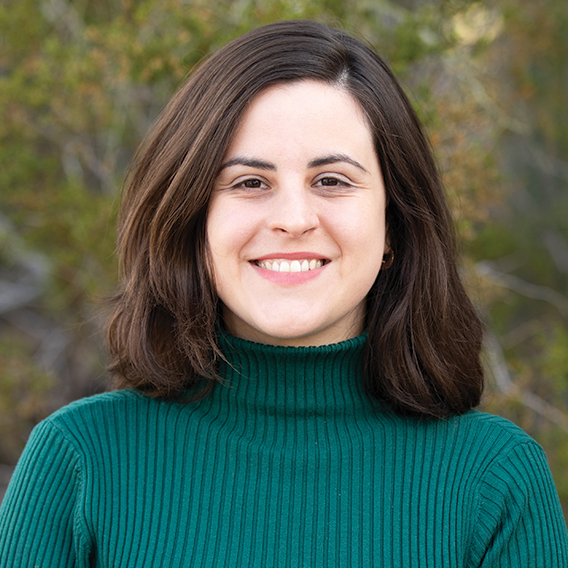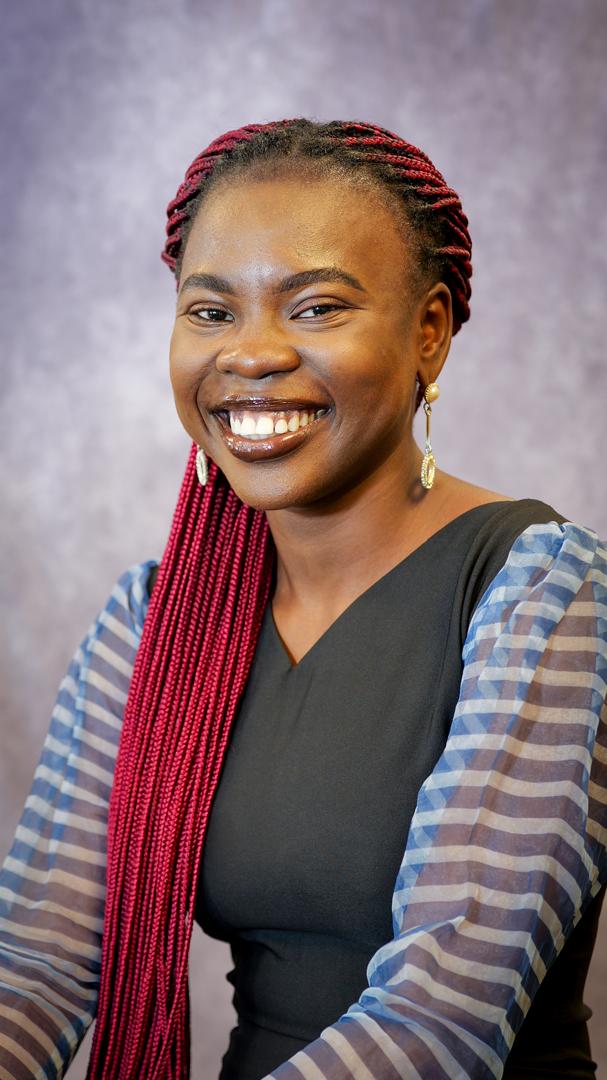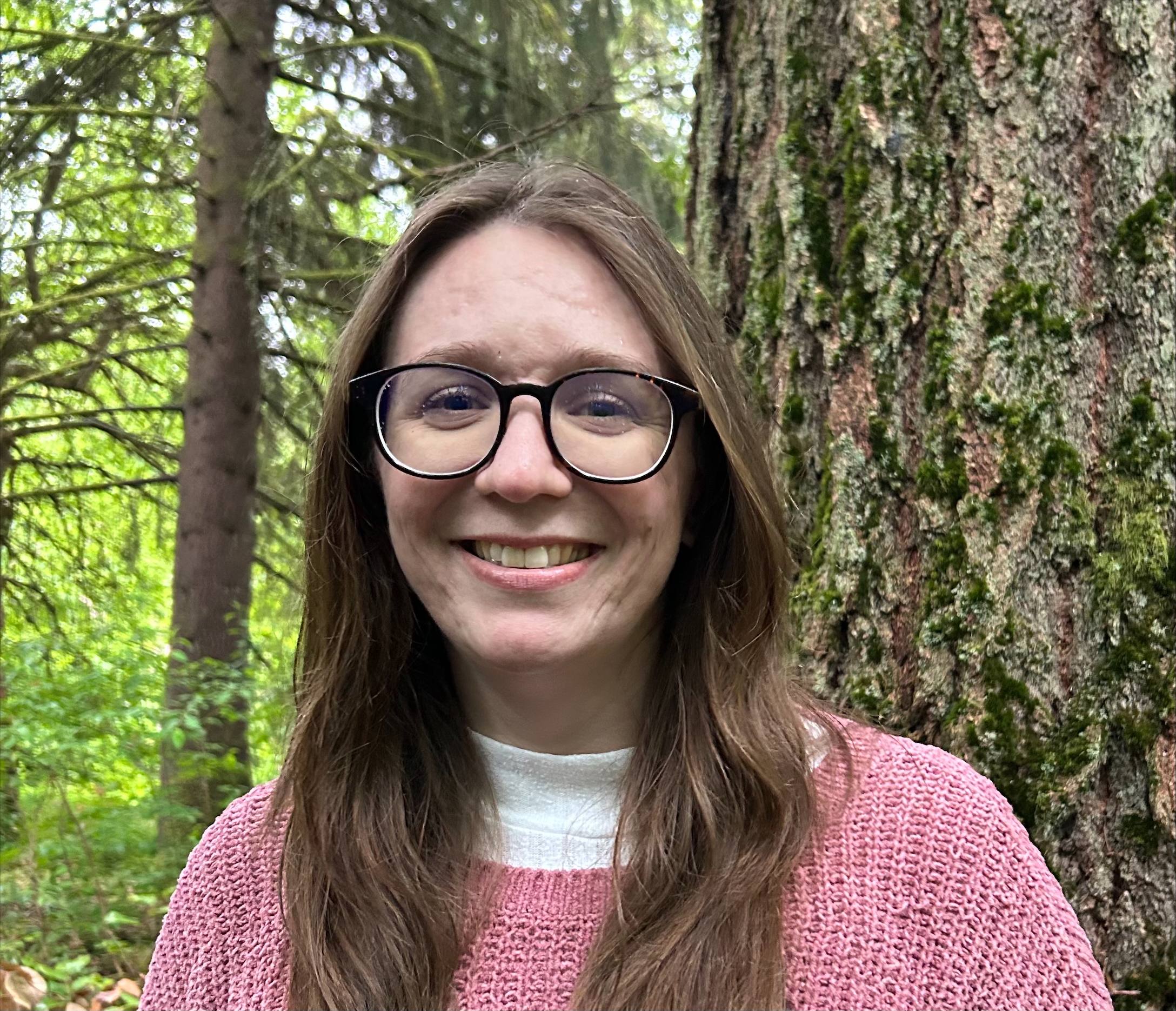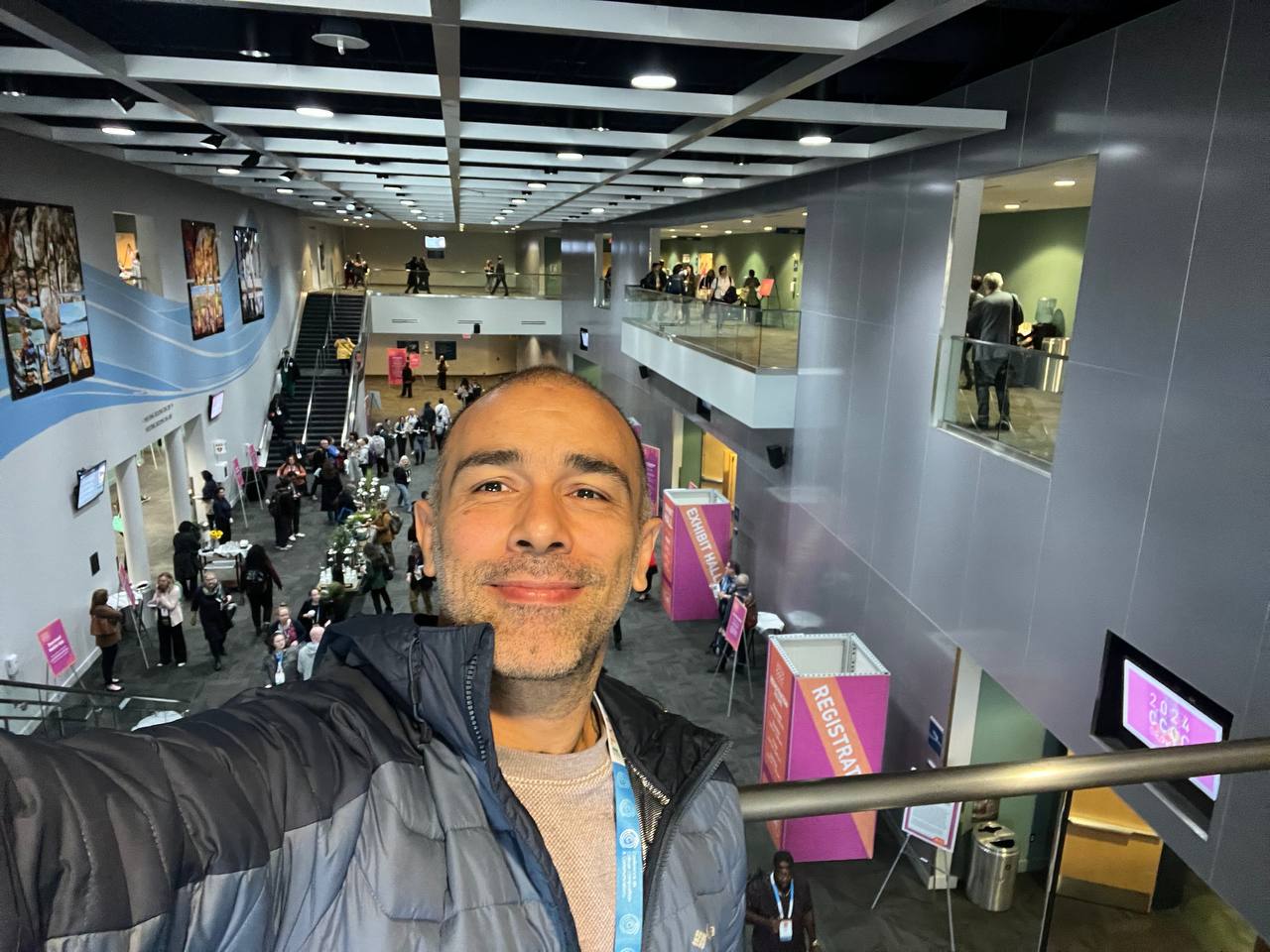The Sweetland Digital Rhetoric Collaborative (DRC) Graduate Fellows program aims to recognize graduate students currently working in digital rhetoric who want practical experience in online publishing and website development. Fellows are selected on a yearly basis by the directors and board of the DRC, and receive an annual award of $1000 as well as recognition on the DRC website.
DRC Fellows attend monthly online team meetings to plan projects that extend the DRC website and its contributions to the community of computers and writing. In collaboration with DRC colleagues, DRC Fellows will have the opportunity to contribute to two DRC projects during the year. Typical projects include: coordinating a blog carnival, developing the DRC wiki, enhancing the resources section of the website, or taking part in editorial work associated with DRC publishing.
The annual application is open during June-July of each year. Applicants are notified in mid-August about their Fellowship status. For more information about the fellowship, please contact digitalrhetoriccollaborative@umich.edu.
2025-2026 DRC Graduate Fellows

Ali Alalem is a PhD Candidate in Composition and Rhetoric at The University of Alabama, where he teaches writing across media, technical writing, and first-year composition. His research lies at the intersection of multimodal composition, transformative pedagogy, social justice, and digital rhetorics. He has published in Computers and Composition and enculturation. His dissertation is focused on developing a theoretical and pedagogical framework for leveraging multimodal composition to foster human engagement, agency, and social justice within academic
spaces and beyond. His work emphasizes bridging digital literacy gaps and empowering
individuals across lines of difference. Beyond his dissertation, he studies digital public
discourse in online spaces to reimagine possibilities for timely rhetorical interventions
that challenge and resist hegemonic narratives.

Thais Rodrigues Cons is a PhD researcher in Rhetoric, Composition & the Teaching of English at the University of Arizona. With a Master’s in Applied Linguistics and extensive experience in teaching English as an Additional Language, editing, and translating, Thais became acquainted with Writing Studies through her work at one of the first Writing Centers in her home country, Brazil. Her primary research focuses on the rhetorical analysis of technical genres in Brazilian public higher education, connecting her experience in writing centers with her interests in technical and professional communication, translation, and fellowship and grant writing. Having previously received the CPTSC Graduate Student Research Award, IWCA’s Future Leaders Award and Emerging Scholar Award for Pioneering Writing Research in Brazil, Thais aims to contribute to inclusive and accessible writing practices and social justice within Brazilian higher education and to explore how these practices can be transferred and taught to writers in the U.S. and beyond.

Nicole Koyuki Golden (she/her) is a PhD candidate in Rhetoric, Writing, and Cultures at Michigan State University. Her research interests include technical communication, digital and cultural rhetorics, and Asian/American communities.

Funmilola Fadairo is a PhD student in the Language, Writing, and Rhetoric track within the English Department at the University of Maryland. Her research explores how technological and multimodal forms depict African sensibilities across time.

Erin Miller is a PhD student at UW-Madison researching literacy studies, migration studies, and institutional rhetoric. She’s interested in understanding how governmental institutions use physical and digital resources to dictate the lives of migrants, what literacy and rhetorical practices enable this relationship, and the material consequences of this relationship. Erin is also interested in writing pedagogy, assessment, and information literacy. In addition to being a DRC Fellow, Erin is participating in the 2025-2026 Democracy Building Institute through Document-based Inquiry (DBI2) hosted by the Boise State Writing Project.

Mehdi Mohammadi is a PhD candidate in Rhetoric & Writing at the University of New Mexico where he also teaches Core Writing as a teaching associate. His research focuses on philosophy of technology and posthumanist rhetoric.
